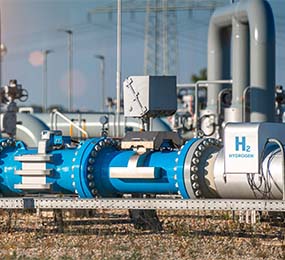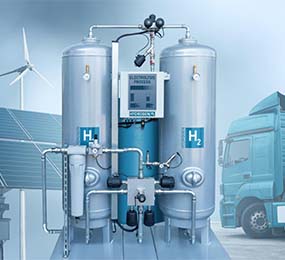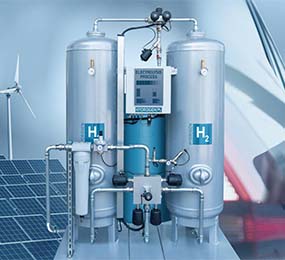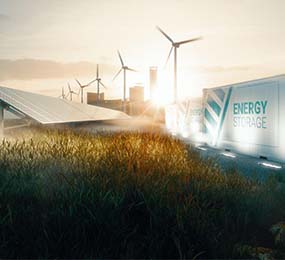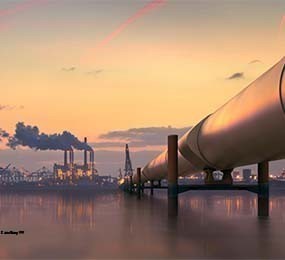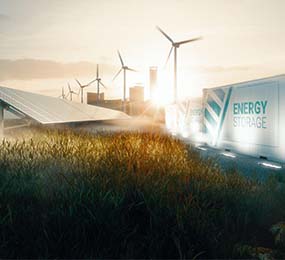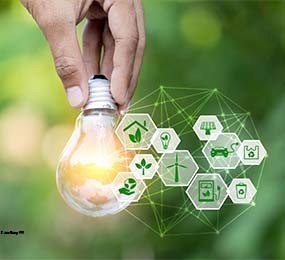Future Fuel Infrastructure in Europe: Challenges and Opportunities
Europe is moving towards a more sustainable energy future, with ambitious targets set to reduce carbon emissions and increase the share of renewable energy sources in the energy mix. As a result, there is a growing demand for alternative fuels and the infrastructure needed to support them. This shift towards sustainable fuels presents both challenges and opportunities for Europe's fuel infrastructure.
One of the biggest challenges facing the future of fuel infrastructure in Europe is the need for investment in new and existing infrastructure. This includes the development of charging and refueling infrastructure for electric, hydrogen, and biofuels, as well as the modernization of existing infrastructure. This investment will require significant capital, and governments and private investors will need to work together to make it happen.
Another challenge is the need for standardization and interoperability of fuel infrastructure across Europe. Currently, there are different standards and regulations for different fuels and different countries, which can create barriers to the development of a unified and integrated fuel infrastructure. Standardization and interoperability will be essential to ensure that alternative fuels can be used seamlessly across Europe.
Despite these challenges, there are also significant opportunities for the future of fuel infrastructure in Europe. One opportunity is the development of new and innovative fuels, such as advanced biofuels and synthetic fuels, which have the potential to reduce carbon emissions and increase energy security. Another opportunity is the growth of the hydrogen economy, which can be used for both transportation and energy storage.
In addition to these opportunities, the transition to a more sustainable energy future presents opportunities for job creation and economic growth. The development of new fuel infrastructure will require skilled workers in a variety of fields, from engineering to construction to operations. This will create new job opportunities and stimulate economic growth in regions that are investing in fuel infrastructure.
In conclusion, the future of fuel infrastructure in Europe is both challenging and full of opportunities. The transition to a more sustainable energy future will require significant investment in new and existing infrastructure, as well as the standardization and interoperability of fuel infrastructure across Europe. However, the development of new and innovative fuels, the growth of the hydrogen economy, and the potential for job creation and economic growth make the future of fuel infrastructure in Europe a promising one.
Visit our website to know more: https://www.leadventgrp.com/events/future-fuels-europe/details
For more information and group participation, contact us: [email protected]
Leadvent Group - Industry Leading Events for Business Leaders!
www.leadventgrp.com | [email protected]


